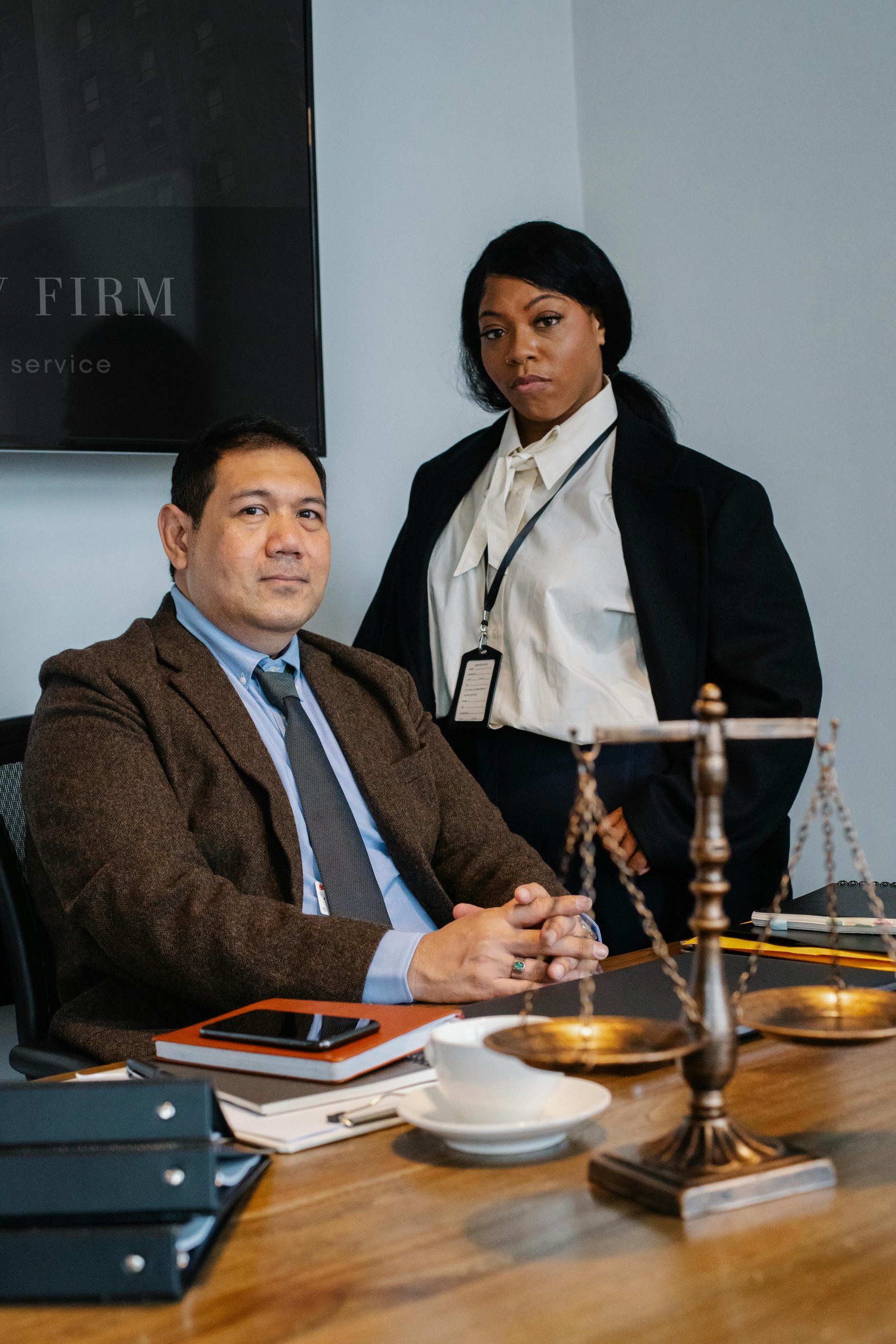
Childhood experiences profoundly shape who we become as adults. Emotional patterns, relationship behaviors, and self-perception often trace back to early life interactions with caregivers. For many, unresolved childhood wounds manifest as anxiety, difficulties in forming healthy relationships, or recurring emotional challenges. Understanding and addressing these wounds is essential for personal growth, and this is where the expertise of an attachment theory specialist becomes invaluable.
An attachment theory specialist provides guidance based on decades of psychological research surrounding attachment styles and their influence on adult behavior. By helping individuals explore their early experiences, these specialists enable a deeper understanding of how childhood dynamics affect current emotional responses and interpersonal relationships. Healing these wounds allows for healthier connections, emotional resilience, and a renewed sense of self.
Understanding Attachment Theory
Attachment theory, first developed by John Bowlby and expanded by Mary Ainsworth, focuses on the bond between children and their primary caregivers. This bond shapes the way individuals perceive love, trust, and emotional security throughout life. The theory identifies several attachment styles, including secure, anxious, avoidant, and disorganized, each stemming from the nature of early caregiving.
A secure attachment usually develops when a caregiver is consistently responsive and emotionally available. In contrast, inconsistent or neglectful caregiving can lead to insecure attachment styles, contributing to difficulties in trust, intimacy, and emotional regulation in adulthood. Recognizing these patterns is crucial for personal development, which is precisely what an attachment theory specialist helps individuals accomplish.
How an Attachment Theory Specialist Helps Identify Childhood Wounds
The first step in healing involves identifying the roots of emotional struggles. An attachment theory specialist employs a combination of assessments, interviews, and therapeutic techniques to uncover how childhood experiences influence current behavior. By carefully exploring early relationships, the specialist can help individuals recognize patterns such as fear of abandonment, difficulty expressing emotions, or the tendency to avoid intimacy.
This process of discovery is not about assigning blame but fostering self-awareness. Understanding the connection between past experiences and present challenges allows individuals to approach their emotional life with compassion and insight. The specialist’s guidance helps clients gain clarity about how unresolved childhood wounds have shaped their self-perception, choices, and interpersonal dynamics.
Therapeutic Techniques Used by Attachment Theory Specialists
Attachment theory specialists employ a range of evidence-based therapeutic techniques tailored to individual needs. These may include talk therapy, guided reflection, and attachment-focused interventions designed to rewire emotional responses. One common approach is Emotionally Focused Therapy (EFT), which helps clients identify and process emotional triggers stemming from early attachment experiences.
Another valuable method is Internal Family Systems (IFS) therapy, which encourages individuals to explore the different “parts” of themselves that carry unresolved childhood emotions. By addressing these internalized experiences, clients can release lingering fears and develop healthier coping mechanisms. The attachment theory specialist’s role is to facilitate this process safely, creating a supportive environment where clients can confront their past without feeling overwhelmed or judged.
Healing Relationships Through Attachment Work
One of the most significant benefits of working with an attachment theory specialist is the improvement of interpersonal relationships. Unhealed childhood wounds often manifest in adult relationships as fear of intimacy, jealousy, or avoidance. By understanding attachment patterns, individuals learn how these early experiences influence their interactions with partners, family members, and friends.
Specialists help clients develop strategies for fostering secure attachments, such as improving communication, setting healthy boundaries, and cultivating empathy. This work allows individuals to break the cycle of repeating negative relationship patterns and build more fulfilling, stable connections. Over time, the insights gained through attachment-focused therapy empower clients to experience love and trust in ways that were previously inaccessible.
Emotional Growth and Personal Empowerment
Beyond relationships, the work of an attachment theory specialist contributes to overall emotional growth. Healing childhood wounds enables individuals to regulate emotions more effectively, reduce anxiety, and increase self-compassion. Clients often report heightened self-awareness and the ability to respond to life’s challenges with resilience and clarity.
Attachment-focused therapy also supports the development of a stronger sense of identity. By addressing internalized beliefs formed during childhood, individuals can rewrite their narratives, embracing self-worth and empowerment. The guidance of an attachment theory specialist ensures that this transformation occurs in a structured, safe, and supportive manner, maximizing the potential for long-term personal growth.
When to Seek an Attachment Theory Specialist
Recognizing the need for professional support is crucial. Signs that may indicate the benefit of working with an attachment theory specialist include recurring relationship difficulties, chronic anxiety, low self-esteem, or an inability to trust others fully. Individuals experiencing these challenges often find that addressing childhood wounds with professional guidance leads to profound, lasting change.
Seeking help is not a sign of weakness but an act of self-investment. An attachment theory specialist provides the tools, techniques, and guidance necessary to navigate complex emotional landscapes, ultimately fostering healing and emotional freedom.
The Transformative Impact of Attachment-Focused Therapy
The role of an attachment theory specialist goes beyond traditional therapy. By focusing on the foundational experiences that shape emotional and relational behavior, these specialists enable clients to achieve meaningful transformation. Clients often report a newfound sense of peace, improved self-esteem, and the ability to engage in relationships with confidence and security.
Healing childhood wounds requires patience, insight, and skilled guidance. The attachment theory specialist’s expertise ensures that each step of the journey is intentional, evidence-based, and tailored to the individual’s unique history and needs. This personalized approach maximizes the potential for sustainable emotional growth and relational satisfaction.
Conclusion: Embracing Healing and Growth
Childhood wounds need not define your adulthood. With the guidance of an attachment theory specialist, individuals can uncover the roots of their emotional challenges, heal past traumas, and build secure, fulfilling relationships. This journey of self-discovery and emotional growth empowers individuals to break free from limiting patterns, embrace self-compassion, and experience love and trust in ways previously thought unattainable.
Investing in attachment-focused therapy is a profound step toward personal empowerment. By working with an attachment theory specialist, you are choosing to honor your past while creating a healthier, more resilient future. Healing is possible, and with the right support, you can transform childhood wounds into a foundation for lasting well-being and enriched relationships.




